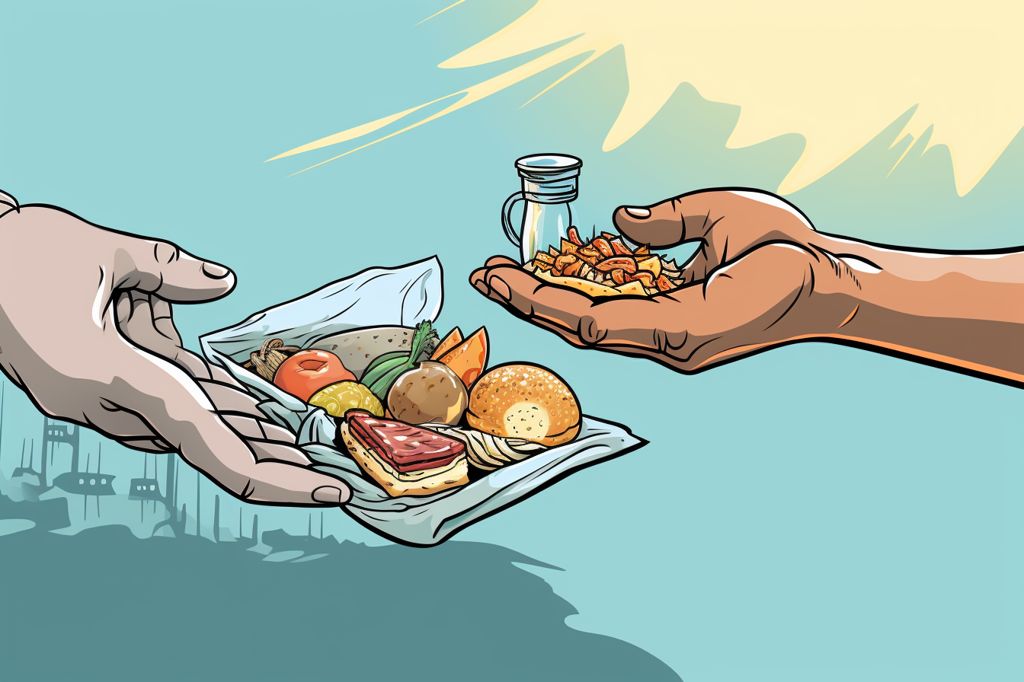The Non-Profit Organisations (NPO) sector plays a crucial role in providing essential social services to impoverished and vulnerable South Africans, such as food, clothing, housing, rehab for substance abuse addicts, and efforts against gender-based violence and femicide. However, the compliance of NPOs with the Financial Action Task Force (FATF) recommendations is a matter of concern. In this context, the Minister of Social Development, Ms. Lindiwe Zulu, is set to give an update on NPO compliance, deregistration, and the anti-substance abuse program.
Developmental Approach to Support Non-compliant NPOs
The Department of Social Development addressed the public outcry over NPO deregistration in 2012 by adopting a developmental approach to support non-compliant NPOs. This approach involved conducting roadshows to help non-compliant NPOs align with the NPO Act 71 of 1997. Consequently, the Minister of Social Development approved lifting the moratorium and initiated the deregistration process for non-compliant NPOs.
Update on Anti-substance Abuse Program
In the lead-up to the International Commemoration of Drug Abuse and Illicit Trafficking, Minister Zulu will update South Africans about the country’s progress and plans in combating substance abuse. The event’s theme, “People first: Stop Stigma and Discrimination, Strengthen Prevention,” highlights the importance of prioritizing individuals and their well-being.
Media Briefing and International Commemoration of Drug Abuse and Illicit Trafficking
The media briefing is scheduled for Sunday, 25 June 2023, at 10h00, taking place at 1035 Schoeman Street, Tshedimosetso House, GCIS in Hatfield, Pretoria. During this event, Minister Zulu will provide insights on NPO compliance and deregistration, as well as the anti-substance abuse program.
The International Commemoration of Drug Abuse and Illicit Trafficking will be held on Monday, 26 June 2023, at 10h00, at the Nkanyisa Recovery Centre in Randfontein, West Rand, Gauteng Province. Members of the media are invited to attend and cover both events.
RSVPs and Media Inquiries
For media RSVPs, inquiries can be directed to Ms. Nomfundo Lentsoane at 0664806845 / NomfundoLe@dsd.gov.za or Mr. Jaconia Kobue at 0632495120 / JaconiaK@dsd.gov.za. Further media inquiries can be forwarded to Ms. Lumka Oliphant at 0834848067 or lumkao@dsd.gov.za.
Significance of NPOs in South African Society
The NPO sector’s importance in South African society cannot be overstated, as it provides critical services to those in need. Ensuring the compliance and effective management of these organizations is essential to their continued success. Thus, the government’s move to address the FATF recommendations and enforce compliance is a vital step in safeguarding the vulnerable communities that NPOs serve. Minister Zulu’s forthcoming updates will undoubtedly shed light on the progress made in this regard and the ongoing efforts to fight substance abuse in the country.












